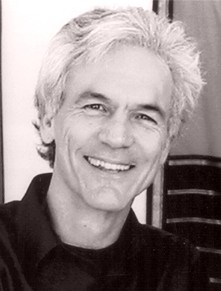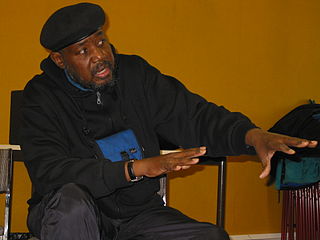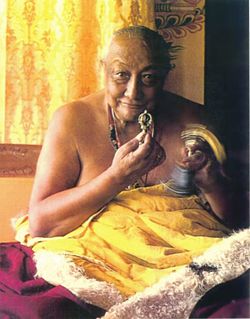A Quote by John Berger
Compassion has no place in the natural order of the world which operates on the basis of necessity. Compassion opposes this order and is therefore best thought of as being in some way supernatural.
Related Quotes
The human being is that space in which the comprehensive compassion that pervades the universe from the very beginning now begins to surface --within consciousness. (As compared with the natural displays of compassion by other creatures that is not necessarily 'within consciousness. ') That's the only difference. We didn't create compassion, but it's flowing through us-or it could. The phase change that we're in seems, to me, to depend upon that comprehensive compassion unfurling in the human species.
As Heinz Pagels has said, The challenge to our civilization which has come from our knowledge of the cosmic energies that fuels the stars, the movement of light and electrons through matter, the intricate molecular order which is the biological basis of life, must be met by the creation of a moral and political order which will accommodate these forces or we shall be destroyed. It will try our deepest resources of reason and compassion.
Sentient compassion is a must; it has to be developed in order to alleviate cruelty and thoughtless acts. That won't happen if you develop a sense of compassion. You'll have that connectedness, that knowing that the same life that's in you is in every other being, so you're not going to mishandle life.
To feel overflowing love and almost unbearable compassion for all living creatures is the best way to fulfil the wishes of all the Buddhas and Bodhisattvas. Even if for the moment you cannot actually help a sentient being in an external way, meditate on love and compassion constantly over the months and years until compassion is knit inseparably into the very fabric of your mind.
Finally I do like best of all stories whose necessity is in the implied recognition that someplace out there there exists an urgency-a chaos-, an insanity, a misrule of some dire sort which can end life as we know it but for the fact that this very story is written, this order found, this style determined, the worst averted, and we are beneficiaries of that order by being readers
Compassion is the basis of all truthful relationship: it means being present with love-for ourselves and for all life, including animals, fish, birds, and trees. Compassion is bringing our deepest truth into our actions, no matter how much the world seems to resist, because that is ultimately what we have to give this world and one another.
I agree that science is the best way of understanding the natural world, and therefore that we have reason to believe what the best science tells us about the objects in that world and the relations between them. But this does not mean that the natural world is the only thing we can have true beliefs about. The status of material objects as things that are "real" is a matter of their having physical properties, such as weight, solidity, and spatio-temporal location. In order to be real, such things need not have, in addition to these properties, some further kind of metaphysical existence.
Compassion does not just happen. Pity does, but compassion is not pity. It's not a feeling. Compassion is a viewpoint, a way of life, a perspective, a habit that becomes a discipline - and more than anything else, compassion is a choice we make that love is more important than comfort or convenience.
Only when all your desires disappear does that energy become compassion, KARUNA. You cannot cultivate compassion. When you are desireless, compassion happens; your whole energy moves into compassion. And this movement is very different. Desire has a motivation in it, a goal; compassion is nonmotivated, there is no goal to it, it is simply overflowing energy.
Compassion arises naturally as the quivering of the heart in the face of pain, ours and another's. True compassion is not limited by the separateness of pity, nor by the fear of being overwhelmed. When we come to rest in the great heart of compassion, we discover a capacity to bear witness to, suffer with, and hold dear with our own vulnerable heart the sorrows and beauties of the world.







































